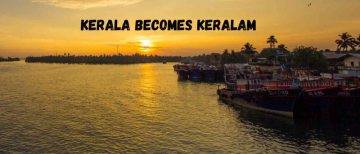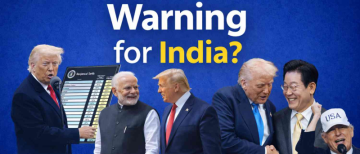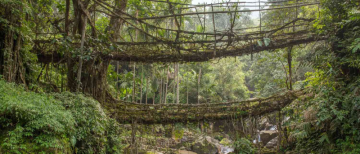We missed traveling more than ever when the pandemic spread throughout the world and we were confined to our homes. So obviously, none of us wasted any time planning a vacation when the situation improved. Particularly with everything accessible Internet, arranging and it was easy to book trips. This simplicity gets somewhat better with every one of the limits and offers we get on these movement sites. But are these websites and apps really saving us money? We wouldn't be so sure about that, though. Recently, it has become clear that most Indians fall for online travel scams. After COVID, travel increased, and so did the number of online scams targeting the tourism industry. This Sunday, a report uncovered that while individuals think they are setting aside cash while making the booking, a large portion of them are really getting hoodwinked by these sites.

According to McAfee Corp.'s "Safer Holidays" travel report, 51% of Indians fall for these online scams. Scammers are more likely to target travelers who use airport USB charging ports or connect to Wi-Fi networks. A survey that was completed by 7,000 people from seven different nations served as the foundation for this report. Out of these 7000 people, 1010 were from India. The concentrate additionally uncovered that 77% of those whose cash was taken had previously lost up to $1,000 (generally ₹83,000) before their outing had even begun. 66% of Indian tourists said they would travel within the country, while 42% of all tourists said they would travel abroad this year. As indicated by the review, 36% of Indians who reserved web-based spots had their characters taken, and 27% had been hoodwinked into utilizing deceitful stages to make installments.
A fake website or other personally identifying information was provided by 23% of users, who entered information from their passports. Just 61% of respondents utilize any administration to monitor the security of their web-based personality, and 33% don't utilize a VPN while voyaging. 46% of respondents accept that interfacing with the web while an extended get-away lessens the security of their own data. As indicated by the report, 59% of Indians are more stressed over digital dangers than actual ones, such as being ransacked or pickpocketed. 94% of Indians are concerned about having their identity stolen while traveling. The study found that 69% of people use social media, followed by 52% of online bankers and 41% of cash app users. This certainly conveys a frightening image, which ought to serve as a sufficient warning for the foreseeable future!
© Copyright 2023. All Rights Reserved Powered by Vygr Media.




















